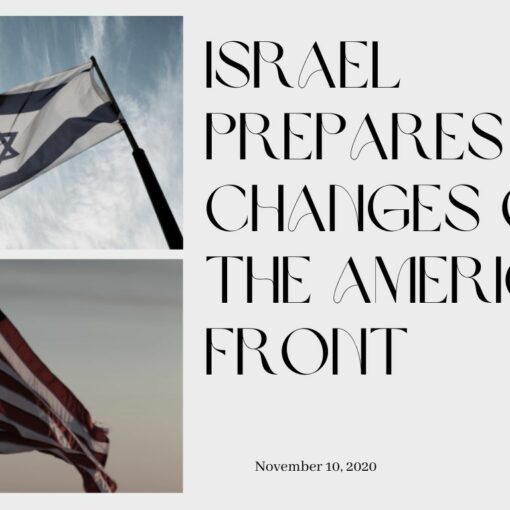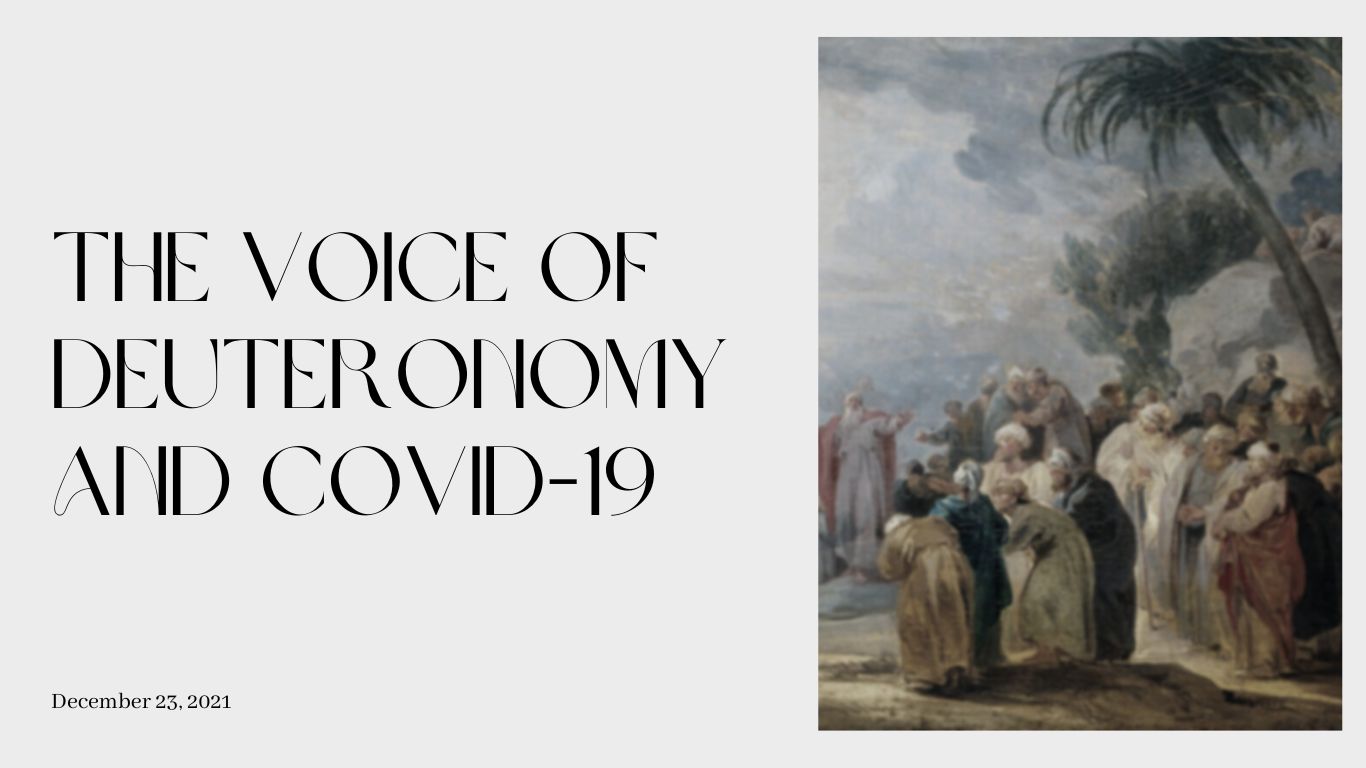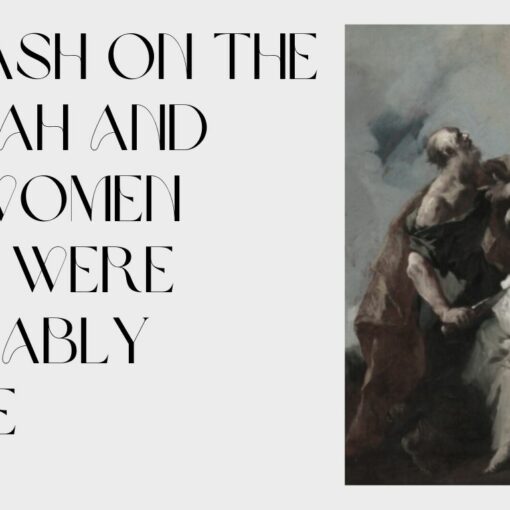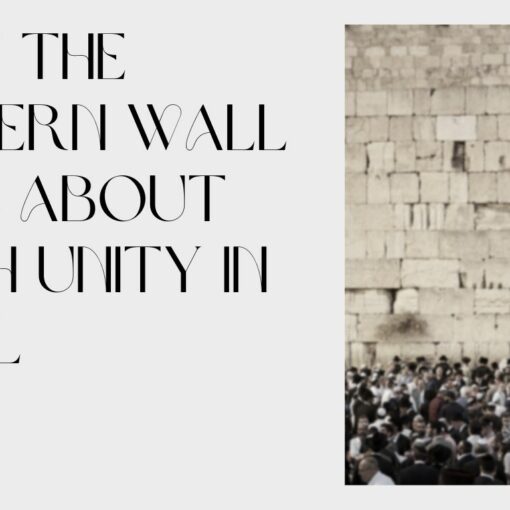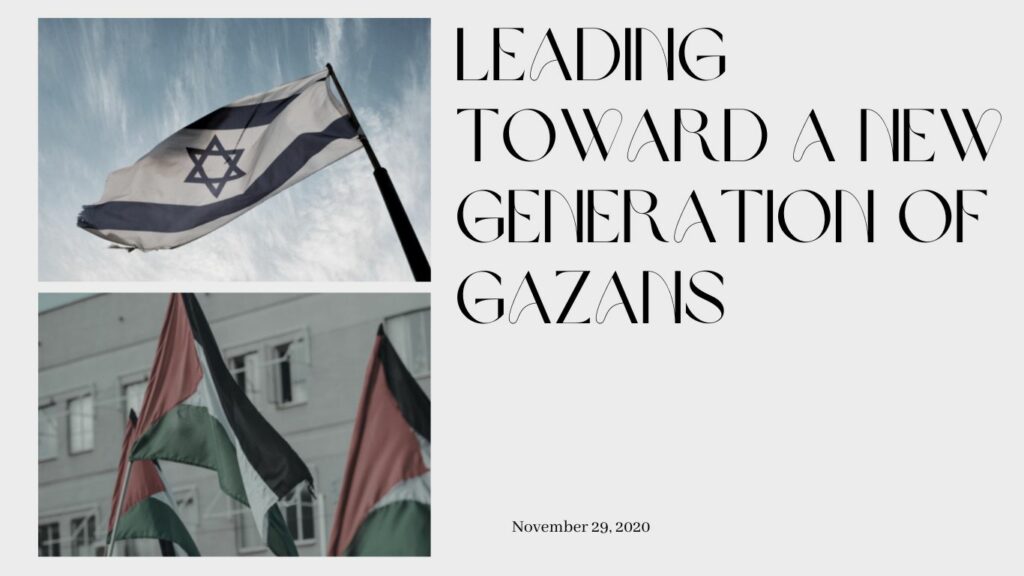
Reena Bromberg Gaber
Rami Aman wants the world to know what the media does not show about the people of the Gaza strip. Because of this commitment, Aman and his colleagues on the Committee have to break rules.
Aman, 39, was born in Algeria and has a degree in electrical engineering and communications. Through work in the media field, many opportunities to travel and work opened up to him, eventually leading him to live in Gaza and become the head of the Gaza Youth Committee. Although called a peace activist by many, Aman says, “I’m not a peace activist, I’m just Rami Aman.”
Speaking with Israelis, also called “normalization,” by Hamas, is a criminal offense. Hamas’ belief is that contact between Gazans and Israelis should not happen until after making a peace treaty. Aman disagrees and in April 2020 Hamas arrested him and seven other members of the Youth Committee for leading a Zoom call with Israelis. For doing the work that he does, he has even been accused of collaborating with the Israel government, the Palestinian Authority, or the Mossad, all things he has denied multiple times. Aman, recently released from jail due to a court leniency, went right back to work and reports that the Committee is stronger than ever.
Aman says that Gazans are in need of a new generation of leaders, both in the social and political spheres—that’s the goal of the Youth Committee, to grow that new generation. Over the last five years, the Committee has worked on projects and initiatives over the Internet to bring Israelis and Palestinians together and to change Gaza’s reputation in the global community.
In terms of the new generation that the Youth Committee is growing, the political and economic situation in Gaza has hugely influenced the lives of its children and teenagers. Not only is poverty extremely high and salaries extremely low, but children have few opportunities. According to Aman, Gazan students are bad, but because of the quality of teachers and the conditions they have to learn in, not because of the students’ abilities. “In every house in Gaza, there is a crisis,” he added, “it’s not your choice or my choice to be there or to be here.”
Aman also shared that even though permits to travel to Israel or Egypt are incredibly difficult to come by, young people in Gaza want to leave, want to travel, and want to see the world. He remarked that Gaza has plenty of aid for food and water but that they do not have enough NGOs or centers to “promote some awareness, to feed the Gazans here the culture of life.”
Personally, Aman blames the international community for many of the issues that Gaza faces today. As an activist, however, he blames their internal community–he wants Palestinians to work together to get their own rights instead of waiting to be given them. Therefore, he is training the future leaders of Gaza to work for themselves and make the situation better for themselves.
Part of the Youth Committee’s work is promoting the other stories of Gaza. Aman says “Don’t think we are just thinking to kill and thinking to launch rockets. No, no, it’s the media. The media is saying that.” Instead, Aman wants to share that there are Christians and singers and girls with and without hijabs, that these people are just like anyone else in the world.
He talked about opening more relationships with other places in the future and possibly becoming a politician himself. He wants to build a better reputation around the world for Gaza, something he claims it sorely lacks right now.
Aman’s outlook for the future is incredibly positive–he predicts that in ten years, with both sides genuinely believing in the goal, Israelis and Palestinians will come to the same table; “I saw by my eyes, Israelis and Palestinians or Arabs, dancing together. What about, why this picture is not promoted through the world? Maybe, I can say that the media sometimes is using this conflict. But you can create media to benefit this conflict, and do something for yourself, that you can tell your sons in the future that I did this plan, I was here, is something good for the people and for yourself.”
>>This was written for Reporting Armed Conflict in the Middle East, a course taught at Hebrew University in Jerusalem, fall 2020. The seminar based course focused on objectives, methods, and consequences of media involvement in armed conflicts. Reported on conflicts, both social and political, in Israel. Articles included reporting on political unrest and protests, religious conflicts, and relations with Gaza.

